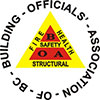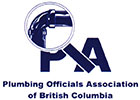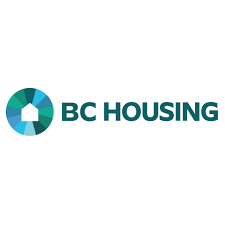
BC Housing Illustrated Guide: Lateral Bracing Requirements – Part 9 of the BC Building Code 2024
This guide has been produced in an effort to clearly describe the new Code requirements for the lateral bracing of houses in B.C. View the guide.

Now Available – Structural Commentaries (User’s Guide – NBC 2020: Part 4 of Division B)
The Structural Commentaries User’s Guide – NBC 2020: Part 4 of Division B is now available. This guide is designed to help Code users understand the design provisions in Part 4 of Division B of the National Building Code of Canada (NBC) 2020.
It provides information and suggested approaches to certain design questions related to structural sufficiency such as limit states design, snow, rain, and wind loads, and design for seismic effects.
This new edition reflects technical changes incorporated into the NBC 2020, covering topics such as:
- Importance Categories, including post-disaster buildings.
- Loads and load combinations for serviceability limit states
- Tributary areas and live load reduction factors for slabs.
- Snow loads on roofs with solar panels, drift loads for canopies and small roofs adjacent to tall buildings, and wind loads on parapets and attached canopies.
Commentary J has been comprehensively updated to align with the changes to NBC 2020’s seismic design provisions. Key updates include information on:
- Canada’s 6th Generation Seismic Hazard Model (CanadaSHM6).
- The new approach to seismic hazard calculation, including the use of site designation.
- The use of the NBC 2020 Seismic Hazard Tool.
- The application of the new Seismic Categories.
- The application of provisions for sloped column irregularity and for buildings with gravity-induced lateral demand.
Additionally, this edition introduces Commentary M, which addresses large farm buildings, including bins and silos.
The Structural Commentaries are a resource for designers, regulators, and builders in the construction industry. The guide is available for free, in electronic format, through the National Research Council of Canada’s (NRC’s) Publications Archive, and for purchase, in printed format, from the NRC’s Virtual Store.
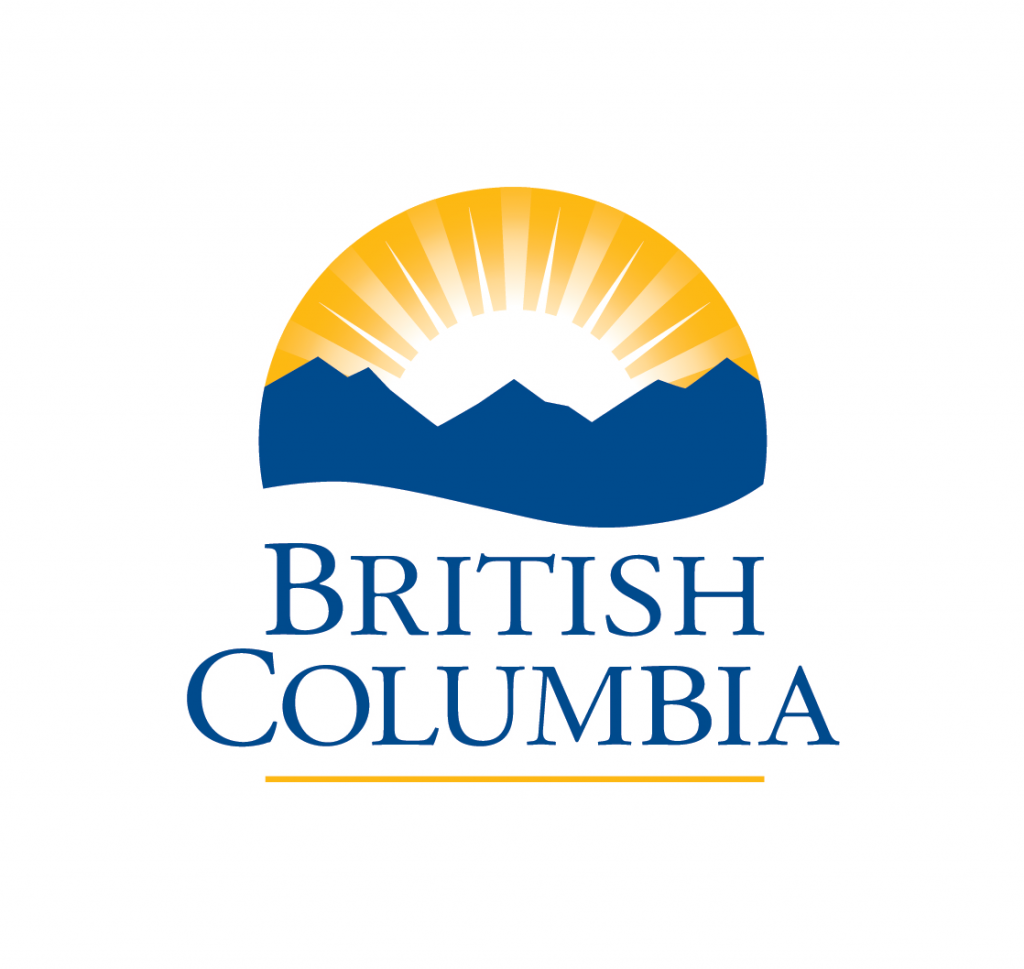
2024 Code Update Training
In accordance with the Association’s Administrative Agreement with the Province, all qualified officials must complete code update training to maintain their qualifications.
The requirement to complete code update training applies to all qualified building and plumbing officials, including all building and plumbing officials in-training (i.e. BOIT or POIT) and anyone who obtains level one building or plumbing official qualification prior to September 3, 2024, must complete Code Update Training. For example, if you pass one of the level 1 exams based on the 2018 BCBC and then write the other level 1 exam based on the 2024 BCBC, you will still be required to complete the 2024 Code Update Training.
Training requirements for qualified officials:
- Building: qualified building officials must complete the building code update training only
- Plumbing: qualified plumbing officials must complete the plumbing code update training only
- Building & Plumbing: anyone who is dual qualified as both a building and plumbing official must complete building and plumbing code update training
| Building (includes Energy) & Plumbing – Register now | $375 plus GST |
| Building Only (includes Energy) – Register now | $325 plus GST |
| Plumbing Only – Register now | $125 plus GST |
| Energy Only – Register now | $125 plus GST |
Registration is also open to non-members by clicking here.
CPD Eligibility: CPD points will need to be self-reported by logging into your member portal. You will need to self-report these points under Category A2 once you have completed all of the components that you registered for, along with submitting the Certificate(s) of Completion as proof.
| Building (includes Energy) & Plumbing | 6.5 points |
| Building Only (includes Energy) | 5 points |
| Plumbing Only | 1.5 points |
| Energy Only | 1.5 points |
- Please note: These courses have been approved by BC Housing for CPD points for Licensed Builders.

Provincial Update – Adaptable-Dwelling & Seismic Provisions effective March 10, 2025
New BC Building Code (BCBC) 2024 provisions for adaptable dwellings and seismic design come into effect Monday, March 10, 2025, with adaptable-dwelling requirements being gradually implemented.
To read more, please CLICK HERE.
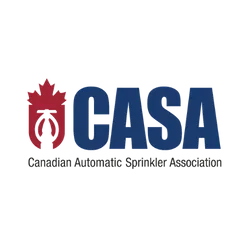
CASA Live Virtual Educational Seminars
CASA will once again be offering a series of Live Virtual Educational Seminars in 2025. The seminars will review a series of Fire Sprinkler / Fire Protection related subjects in accordance with the appropriate NFPA Standards, National Building Code & National Fire Code requirements. The Live Virtual seminars will help educate and offer best practices to the attendees on where to find the appropriate information in the referenced NFPA Standard, as well as how best to interpret and understand the intent of the many clauses found in the NFPA Standards and National Building Code & National Fire Code. The seminars will be presented in a virtual format via Microsoft Teams Video Conferencing, and all attendee’s will be provided with an attendee workbook. All registered attendees will receive a certificate of attendance.
Inspection, Test & Maintenance of Sprinkler Systems – Overview of NFPA 25
This seminar describes the requirements for properly maintaining a water-based fire protection system in accordance with NFPA 25. It will also highlight the key technical and editorial changes in the 2017 Version of NFPA 25 which is now the referenced edition in the 2020 National Fire Code. The seminar clearly describes the responsibilities for compliance & record keeping. It describes the specific scope of the standard and identifies the various ways in which information related to changes in the system are handled. It describes the various Tables used in the standard, their specific purposes, and when to use which Tables. It involves the attendees in a significant number of exercises to describe various problems encountered, identify the proper section(s) of the standard that deals with it, and discuss how to deal with issues not covered by the standard that may still be encountered.
Date: August 21, 2025
Time: 11:00 AM – 4:00 PM (ET)
CPD Eligibility: 5 points – Category A3 (you will need to self-report these points)
Cost: $175 plus tax
Registration: Click Here
Renovations to existing Fire Sprinkler Systems – Design Considerations?
With the changing landscape of business and the development of new technologies, many buildings are constantly undergoing modifications to the interior design and layout of the interior space. In many cases these design modifications and the use of Fire Sprinkler Systems to achieve an approved “alternative solution” per our National Building Code performance requirements must be considered and properly reviewed before changes and or modifications to the fire sprinkler system are conducted. The implementation and complexity of approved “alternative solutions” involving the use of Fire Sprinkler Systems has grown over the years. This seminar is designed to highlight items that fire sprinkler designers, consulting engineers and contractors should be aware of prior to altering existing fire sprinkler systems.
Date: September 23, 2025
Time: 11:00 AM – 4:00 PM (ET)
CPD Eligibility: 5 points – Category A3 (you will need to self-report these points)
Cost: $175 plus tax
Registration: Click Here
Overview of NFPA 14 – Standpipe Systems for Fire Protection
This program provides the participant with the requirements for design, layout, installation, and acceptance testing of standpipe systems using NFPA 14. Through discussion and activities, the seminar will address topics such as system pressures, the challenges of tall buildings, requirements for horizontal standpipes and the acceptance requirements for standpipe systems.
Date: October 14, 2025
Time: 11:00 AM – 4:00 PM (ET)
CPD Eligibility: 5 points – Category A3 (you will need to self-report these points)
Cost: $175 plus tax
Registration: Click Here
Sprinkler System Plan Review
Examining fire sprinkler shop drawings, cut sheets and hydraulic calculations is a primary duty of the authority having jurisdiction. This course will provide a method of reviewing plans and other fire sprinkler documents that is efficient and thorough. Attendees will learn what documents to accept to start a review, what steps to take through the fire sprinkler design and systems review, and how to have confidence while reviewing hydraulic calculations. This course applies current codes and standards to fire sprinkler systems from the initial site plan review, through the construction documents, to the as-built drawings. Significant time on how to effectively communicate deficiencies to the design professional. Students will receive a handout that provides detailed checklists with expert commentary that is useful to the fire sprinkler plan reviewer for years to come. It is recommended that attendees have access to a copy of NFPA 13.
Date: November 18, 2025
Time: 11:00 AM – 4:00 PM (ET)
CPD Eligibility: 5 points – Category A3 (you will need to self-report these points)
Cost: $175 plus tax
Registration: Click Here
Pumps for Fire Protection Seminar
Explore general fire pump design requirements in NFPA 20: The Standard for the installation of Stationary Pumps for Fire Protection. This program will include a detailed walkthrough of fire pump sizing, design, and layout of a fire pump. Understand how to read and interpret a fire pump curve / water supply curve, review high rise requirements including defining high rise and very tall buildings. It will also guide participants on the proper acceptance testing / commissioning of fire pumps, and the corresponding test records that capture these initial test activities, and their importance for ongoing Inspection, Test and Maintenance requirements.
Date: December 9, 2025
Time: 11:00 AM – 4:00 PM (ET)
CPD Eligibility: 5 points – Category A3 (you will need to self-report these points)
Cost: $175 plus tax
Registration: Click Here
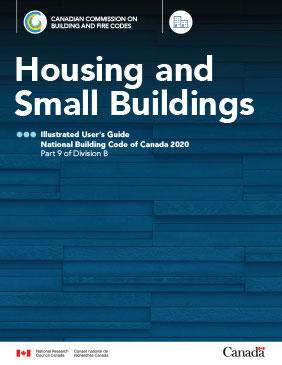
New Illustrated User’s Guide – NBC 2020: Part 9 of Division B, Housing and Small Buildings
The new Illustrated User’s Guide – NBC 2020: Part 9 of Division B, Housing and Small Buildings is now available. The guide is designed to assist builders and designers in understanding the National Building Code of Canada (NBC) 2020 as it applies to housing and small buildings. It provides detailed explanations of the principles and rationale behind the Part 9 provisions.
The guide is available for free, in electronic format, through the National Research Council of Canada’s (NRC’s) Publications Archive, and for purchase, in printed format, from the NRC’s Virtual Store.
This new edition of the guide continues to offer a wealth of information, including graphics, examples, and calculations, making it an effective resource for the construction and design sectors. It includes updated guidance on several key areas critical to modern building practices, including safety measures for windows in buildings of residential occupancy, fire protection measures for home-type care occupancies, and the introduction of energy performance tiers for housing and small buildings – among many other topics.

Update: Extending Application of the 2018 Code’s Adaptable Dwelling Unit and Seismic Requirements for In-Stream Projects
The Province has updated the Ministerial Order adopting the 2024 edition of the British Columbia Building Code. A news release announcing the amendment is available on BC Gov News.
The amended Order exempts in-stream projects that had substantial design work completed according to the 2018 BC Building Code from the application of the 2024 BC Building Code’s adaptable dwelling unit and seismic requirements until March 8, 2027, provided that certain criteria are met. The change helps avoid potential construction delays, additional costs, and impact on project feasibility if buildings designed to the 2018 BC Building Code need to be redesigned to meet the 2024 requirements.
To download a free copy of the BC Codes 2024 and the amending Order, please visit the Building and Safety Standards’ website.

Update: Standardized Housing Designs & Single Exit Stair Buildings
Standardized Housing Designs
The Province has commissioned standardized, customizable residential designs and a companion catalogue for people building small-scale, multi-unit housing on lots previously zoned for single-family homes and duplexes. The digital designs are free to the public and can be used by builders, designers, and homeowners to build accessory dwelling units, duplexes, triplexes, quadplexes, and townhomes. Local governments can also choose to fast track approval of the designs to expedite permitting and development.
Single Exit Stair Buildings
Code changes allowing the design and construction of single exit stair buildings came into effect on August 27, 2024.
An information bulletin will be published soon and will explain the new single exit stair code requirements. Please check the Technical Bulletins – Province of British Columbia (gov.bc.ca) webpage.
To find out more you may visit the provincial website.

Update: Enabling Single Exit Stair Buildings
Revision 3 to the BC Building Code came into force on August 27, 2024. The code revision enables permissions for the design and construction of new residential multi-family single exit stair buildings.
The BC Building Code changes:
- Enable single exit stair buildings, up to 6 storeys in height,
- Limit the occupancy load to 24 people, per floor,
- Limit the travel distance to the exit,
- Provide automatic sprinkler systems throughout buildings, including balconies,
- Manage smoke movement and include other fire protections, and
- Require high-level local fire department and high-level building operations and management to ensure ongoing fire system inspections.
The code changes are in force now. You can read more about them on BC Gov News and access Revision 3 of the BC Building Code on the Errata & Revisions page of the Building Codes and Standards website.
Additionally, new Technical Bulletins for BC Building Code 2024 have been published and you can expect to find more added as they are finalized.
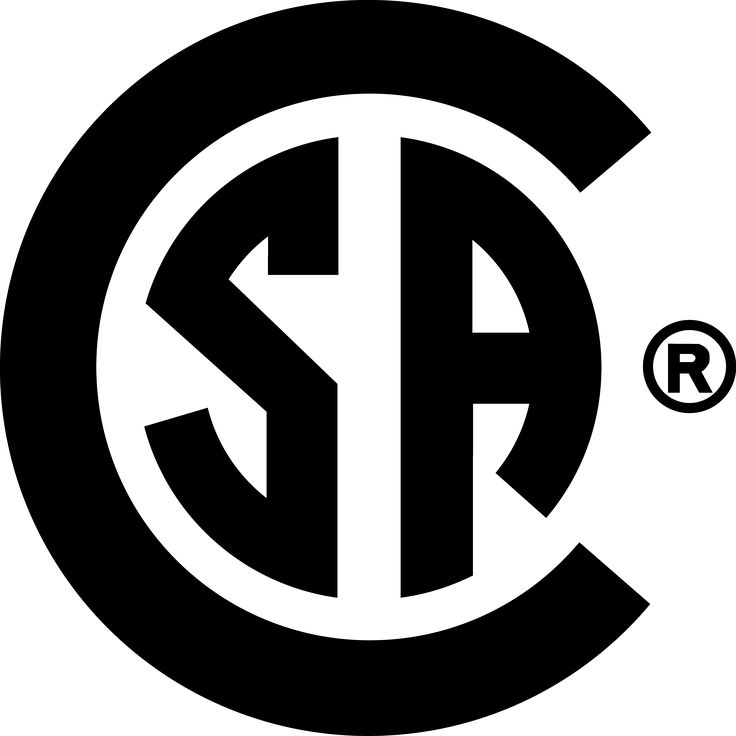
Added CSA Standards to BOABC Library
In response to requests from members, the Association has added additional standards to the CSA subscription service that is complimentary for members.
The following standards have been added:
- CSA B214 – Installation code for hydronic heating systems
- CSA B64.10 – Selection and installation of backflow devices
- CAN/CSA B128.1 – Design and installation of non-potable water systems
- CSA B805/ICC 805 – Rainwater harvesting systems
- CSA A82.31-M – Gypsum board application
- CSA Z241 – Park model mobile homes
- CSA C22.1:21 – Canadian electrical code, Part 1 (25th Edition), safety standard for electrical installations
- ASME A112.18.1-2018/CSA B125.1-18 (R2023) – Plumbing supply fittings
- CSA Z252:23 – Volumetric modular construction
- CSA SPE 17:23 – HVAC Guide for Part 9 Homes
- CSA-S406 – Specification of permanent wood foundations
- CSA B125.3 – Plumbing fittings
- CSA B481 – Grease interceptors
If you need help accessing your subscription to the CSA standards library, please contact the Association at info@boabc.org.
